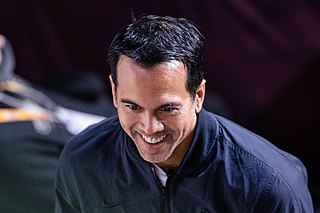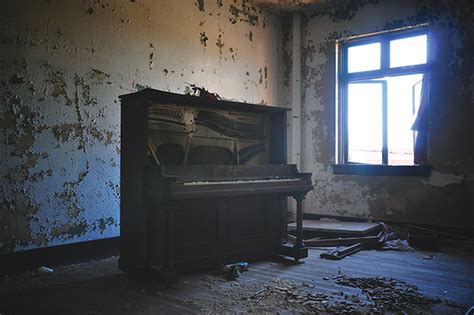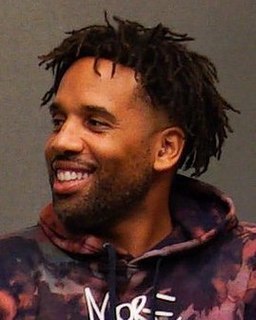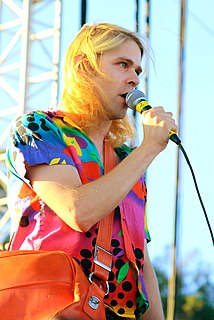A Quote by Erik Spoelstra
I mean we just simply can't stand for the systemic racism, social injustice and police brutality against the black community anymore. And it's really about standing up for what's right versus what's wrong.
Related Quotes
You have to know the forces that are against you and that are trying to break you down. We talk about the problems facing the black community: the decimation of the black family; the mass incarceration of the black man; we're talking about the brutality against black people from the police. The educational system.
Most pastors railing against gay marriage have never cried out on racism, any type of injustice or police brutality. They've never once made a statement about health care. Many of them are silent on community issues. They are very silent, but they have become the leaders of this particular movement.
I think in order to achieve real change, we as the black community need to come up with real asks and we have to determine, what do we actually want? We obviously want some social reform, on police brutality and things like that. We also need political changes. But it's more than voting. What are we as black people asking of these politicians?
Sometimes things need to get really bad before they can ever get better. Really bad can become untenable if enough people get sick of it. That was a big thing about why I ended up taking part in that rally [against police brutality] and ended up voicing my opinion and declaring what side I was standing on.
You're not going to have the police force representing the black and brown community, if they've spent the last 30 years busting every son and daughter and father and mother for every piddling drug offense that they've ever done, thus creating a mistrust in the community. But at the same time, you should be able to talk about abuses of power, and you should be able to talk about police brutality and what, in some cases, is as far as I'm concerned, outright murder and outright loss of justice without the police organization targeting you in the way that they have done me.
Nelson Mandela stood up against a great injustice and was willing to pay a huge price for that. That's the reason he's mourned today, because of that struggle that he performed I mean, what he was advocating for was not necessarily the right answer, but he was fighting against some great injustice, and I would make the argument that we have a great injustice going on right now in this country with an ever-increasing size of government that is taking over and controlling people's lives, and Obamacare is front and center in that.
The challenges that young people are mobilizing against oppressive societies all over the globe are being met with a state-sponsored violence that is about more than police brutality. This is especially clear in the United States, given its transformation from a social state to a warfare state, from a state that once embraced a semblance of the social contract to one that no longer has a language for justice, community and solidarity - a state in which the bonds of fear and commodification have replaced the bonds of civic responsibility and democratic vision.
In Crash, you've got a pathological cop who at the end justifies police brutality. He tells the naïve, young cop that you're going to end up the same as him. He's the most sympathetic character in the movie. So, the naïve cop ends up murdering this Black kid and tries to cover up the evidence. It sort of justifies police brutality and the planting of evidence which is what happened in the O.J. Simpson case.
Because Ajamu Baraka speaks in the language of his community, and makes no bones about it, he really invites in a whole new demographic of voters who have been locked out? - African-American and black and brown people and indigenous people? - who have felt like this system has no place for them. And he is unapologetic about standing up for the rights of the oppressed people and against colonialism and against imperialism.




































